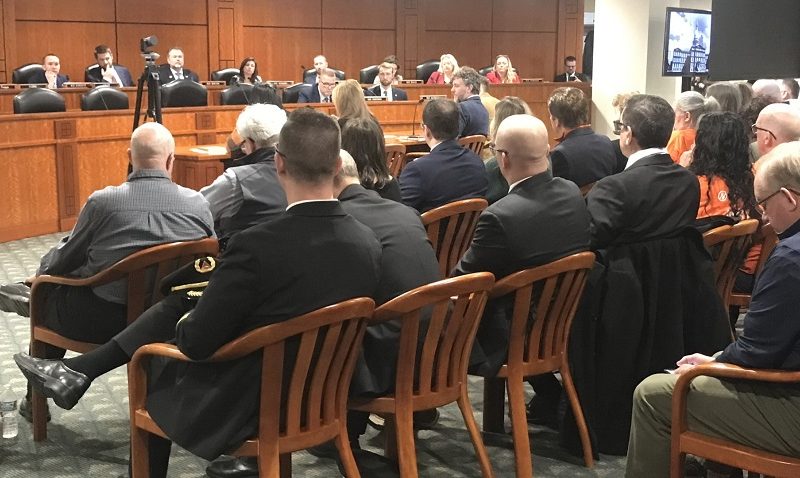LANSING, Mich. — A heated debate over tipped wages and proposed changes to labor laws in Michigan unfolded this week, with restaurant workers and business owners voicing strong concerns during a Michigan House committee meeting. The debate comes as the state prepares for major revisions to its minimum wage, tipped wage, and sick leave laws, set to take effect next month.
Testimonies heard during the committee session revealed a deep divide between those advocating for the changes and those who believe the new policies will have a detrimental impact on the restaurant industry and its workers. Many business owners warned that the changes could lead to closures, while workers expressed fear that the reforms might reduce their income and even drive them out of the industry.
State Rep. Kathy Schmaltz (R-46), a strong opponent of the proposed changes, shared her concerns about the potential damage to small businesses. “I had one business owner say to me they have never seen policies so devastating to business,” Schmaltz remarked. “These bills have to pass, and we have to help our servers continue to get their tips and protect our restaurants and small businesses from closing.”
Among those testifying was Amy Covert, a server at Buffalo Wild Wings and a single mother of four, who argued that the new policies could lower her earnings. “I can support my four kids on this job,” said Covert, who has been in the restaurant industry for 20 years. “My average tips are more than half of what they want to pay us at $15.00 an hour. I’ll lose a lot of income if these changes go through.”
On the other side, advocates for the changes, including Ryan Sebolt from the American Federation of Labor, reassured committee members that tipping would not end as a result of the new laws. Sebolt pointed to other states, such as California, where servers earn both higher wages and higher tips. “Nothing in the citizens’ initiative or the Supreme Court ruling mandates an end to the practice of tipping,” Sebolt said. “In fact, data from USA TODAY shows that higher hourly wages for servers can lead to higher overall earnings, including tips.”
However, business owners expressed concern about a provision that guarantees 72 hours of sick leave without notice, fearing it could be abused by workers. Scott MacNellis, owner of LaLonde’s Market, warned that such policies could disrupt operations. “What I’m worried about is we’re putting this in the hands of a 16-year-old,” MacNellis said. “They might decide not to show up for work because something better comes along, and that affects my business.”
The debate over these policies is likely to intensify as Michigan’s newly-elected legislature, which has made blocking these labor reforms a priority, prepares to move forward with the bills. Committee members indicated that they plan to pass the legislation to a full vote in the House as early as next week, signaling that significant changes to the state’s labor laws could be on the horizon.












